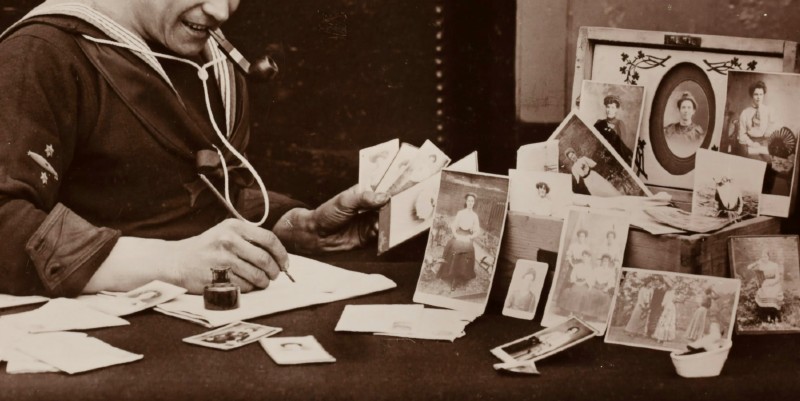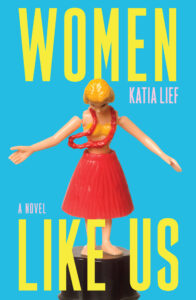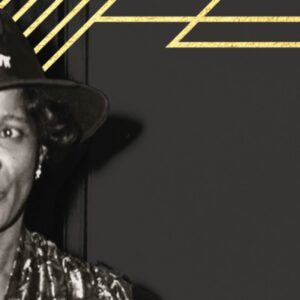We live at a time when “being present” is treated as the gold standard for experiencing life at its best. What does that actually mean, though? If it was easy to do, we wouldn’t talk about it so much. Accomplishing it would not be such a prize. No one would boast, “I was so present today!” The problem is that the moment you’re present you slip into the past, and reaching for a new present is conspiring with the future. Presence is transactional; it is the tension between past and future.
There are two sets of people who know that well and are expert at exploiting it: cult leaders and crime novelists.
The cult leader makes a promise: I will distract you from your troubles, free you from the pain of past and future by coopting your identity and teaching you tools of thought-stopping mindlessness, the key to presence, in exchange for your blind devotion (and autonomy and money). Just give me your hand and I’ll take you there.
The crime novelist makes a similar but less costly promise: I will distract you from your troubles by leading you through the thicket of shadows cast by past and future, darkness and light, memory and fear, to a sense of arrival, closure, in exchange for your suspended disbelief (and a few hours plus about twenty-seven bucks or a library card). Just give me your hand and I’ll take you there.
Both are stippled with the suspense of not knowing if you’ll ever arrive and, if you do, what you’ll discover. But only one of us states up front that what we offer is fiction.
As a crime novelist, I know this: we are all off-balance, all the time. And this striving for balance and failure to hold onto it means that your reader is ripe for manipulation, just as we all are in real life, always ready to be knocked off that precarious pinhead of balance when and if we manage to find it. And if we do find peace, the imagination that is humanity’s blessing and curse inevitably wanders to the constellations of possibility surrounding our miniscule reprieve: What, we wonder, will happen to upend this beautiful moment? That ineffable itch of suspense, the sensation of wondering and worrying, is exactly what we struggle to push away in the quest for presence.
Is suspense the culprit that stops us from being present? Or is it another version of presence itself?
When I set out on the road that led me to crime writing, I packed a single question: How does suspense work? As a craft element in fiction writing, how does it operate? At a time when I needed to earn more money than literary writing afforded (I’d already published two novels, but they didn’t pay the bills, and now I had kids), I decided to try something more commercial. I landed on crime because of the obvious glowing heart at its center: suspense. What was it? Where did it live? How could I locate it, dissect it, understand it, and recreate it in anything I wrote? The more I thought about it, the clearer it was that suspense was a key element in all fiction, since without it no one would ever read anything all the way to the end. It was not an issue of genre, but of instilling in a reader the need to keep going.
To get started, I asked myself what would frighten me most. As a mother of (then) young children, the answer was obvious: If something happened to my children. Then I asked myself what would scare me even more than that: If I was unable to help them. That became the idea behind an experiment in learning how to craft suspense, which became my first crime novel, Five Days in Summer. It sold at auction, and all of a sudden, I was a crime writer. Over the next twenty years I wrangled with suspense, stripped it down, built it back up, decoded it and wove its strands of story and character and language into my quest to understand and master it.
In a nutshell, suspense is created by a calibrated looking-back and looking-forward that keeps a reader off balance.
Suspense is worry.
It’s also excitement, wonder and anticipation.
Suspense is thought and need and want and yearning.
And much like the allure of a not-knowingness at the heart of that elusive state of presence, suspense is the possibility of finding an answer to not-knowing, a potential for the satisfaction we instinctively crave.
Suspense, like presence, is a discipline and a quest.
Suspense is the tickling feather that won’t leave us alone when we want to stop scratching for the abandonment of presence but can’t.
***


















